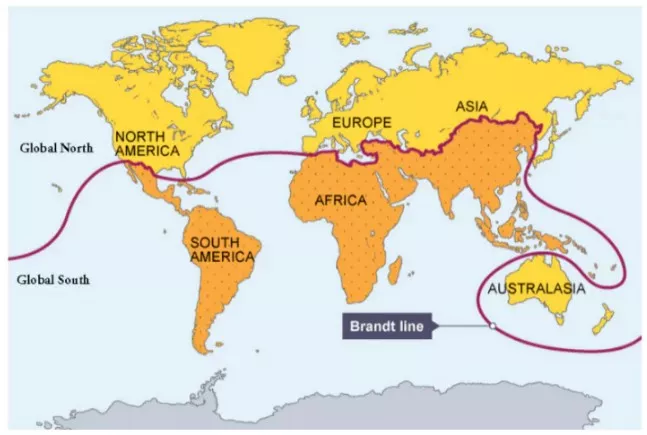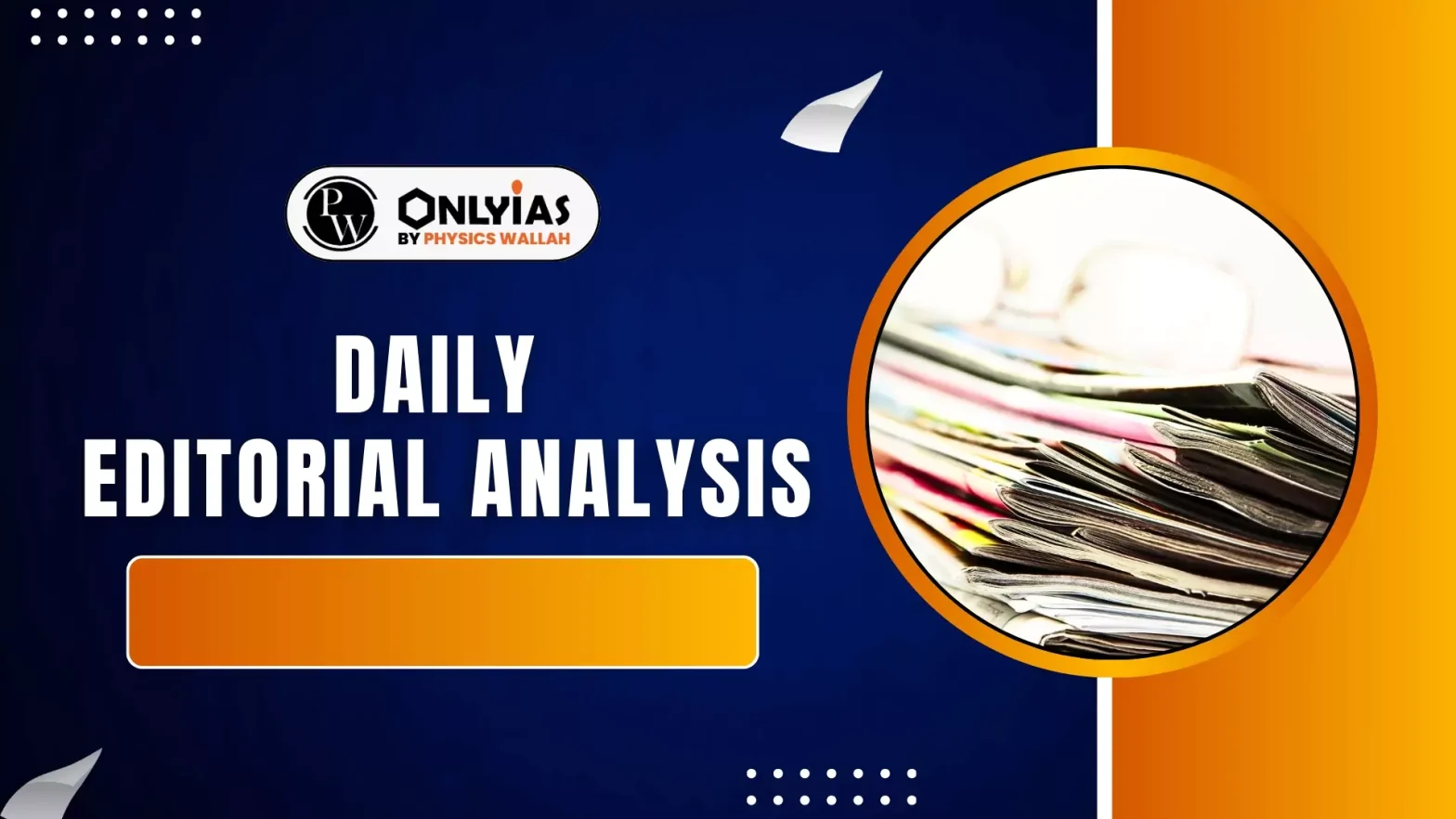The global economic order is undergoing structural realignment due to U.S.–China rivalry, digital dominance, and protectionism, creating risks of inequality but offering the Global South, including India, opportunities to shape a fairer world economy.
Analysing Emerging Economic Paradigms
- Rise of State–Capital Alliances: Populist-autocratic regimes are fostering a state–capital nexus, serving oligopolies and crony-capitalists.
- Unlike laissez-faire capitalism, this model mortgages public assets and prioritises corporate over citizen welfare, distorting the social contract and weakening democracy.
- Oligopolies are markets dominated by few powerful firms, enabling price-setting and reduced competition. Crony capitalists leverage political connections to gain favors, creating rent-seeking, market distortions, and inequality.
- Resurgence of Primordial Statecraft: Populist-autocrats are guided by strategic nationalism and resource control.
- The U.S. is relocating chip production from Taiwan, securing rare earths in Africa, and reinforcing trade routes, reviving sphere-of-influence politics that fuel conflicts and genocides.
- Digital Colonialism and Big Tech Dominance: Big Tech and cloud capitalists extract rents from value chains and influence political outcomes.
- State-backed digital currencies, SWIFT weaponisation, and the Cloud Act threaten economic sovereignty and weaken FATF norms.
- Withdrawal of Developmental Aid: G-7 aid cuts of $44 billion may push millions in Africa into poverty.
- Reduced funding in Nepal and Sahel has driven migration, militia recruitment, and instability, empowering undemocratic forces.
- Tariffs, Sanctions, and Economic Fragmentation: U.S. tariffs on 70+ nations and sanctions on 30+ others disrupt trade and penalise surplus economies like Japan and China.
- The Global South responds via bilateral treaties, de-dollarisation, and localisation, signalling economic multipolarity.
Opportunities for the Global South

- Historical Context of Economic Dominance: India and China dominated global GDP for 1,800 of 2,000 years.
- Neoliberalism reversed this through debt traps, labour exploitation, and inequality, shrinking fiscal space for welfare.
- Addressing Global Inequality: As per the 2022 World Bank report, 47% live below $6.85/day and 735 million face hunger.
- Such inequities drive social unrest and enable populist manipulation.
- Constructing a New Economic Deal: India and the Global South must restructure global financial governance, create a debt-relief framework, and strengthen BRICS and South–South partnerships to ensure a rules-based equitable system.
Way Forward
- Balanced State-Market Synergy: India should adopt a mixed model where state intervention complements market efficiency, ensuring that growth addresses inequality, sustainability, and national priorities.
- Strategic Revitalisation of the Public Sector: Public Sector Undertakings (PSUs) must be redeployed strategically—not merely privatised—to generate revenue, strengthen critical industries, and enhance India’s global economic presence.
- Building Sovereign Assets: India can emulate Norway’s example by creating a Sovereign Wealth Fund to channel profits from national resources into long-term public investment, social welfare, and future economic resilience.
- Knowledge and Innovation Leadership: Investing heavily in higher education, scientific research, and institutional autonomy will help India emerge as a global knowledge hub and innovation leader.
- Ethical and Sovereign Digital Order: The digital-financial ecosystem must align with constitutional values through robust data sovereignty, privacy protection, and equitable access to digital infrastructure.
- Principled and Consistent Foreign Policy: India’s diplomacy should prioritise long-term strategic stability and true non-alignment over performative gestures, preserving independence in a multipolar world.
- Bipartisan Consensus for Strategic Continuity: Establishing cross-party agreement on key foreign policy and national security issues will ensure consistency, reliability, and resilience across political transitions.
Conclusion
For India and the Global South, this is a historic opportunity to co-create an inclusive and equitable system through domestic recalibration, strategic statecraft, and cooperative internationalism rooted in fairness and self-reliance.
![]() 16 Oct 2025
16 Oct 2025


